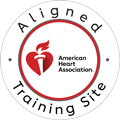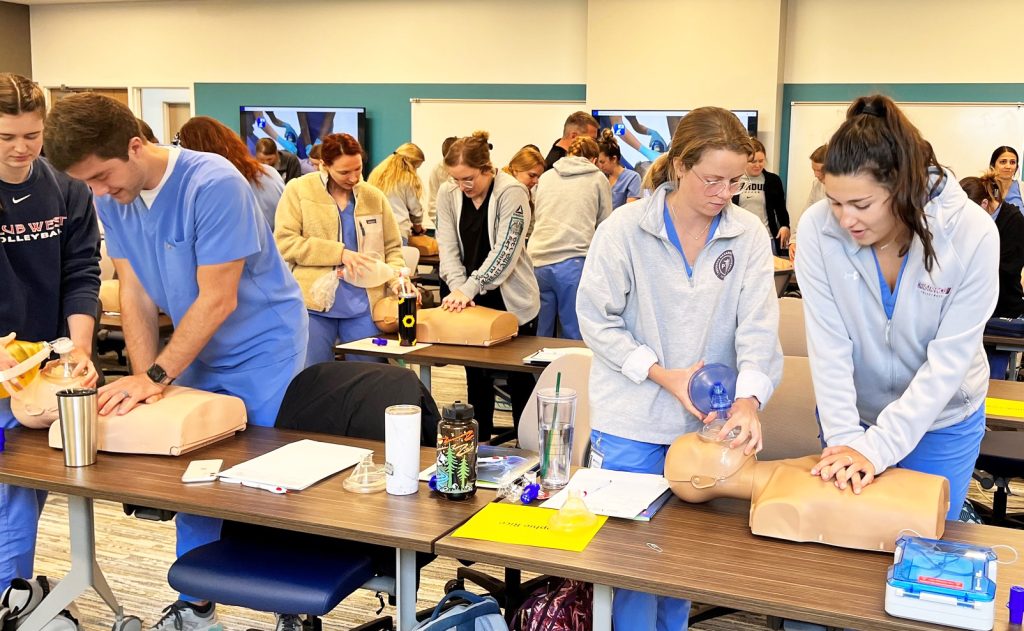I. Understanding the Good Samaritan Law
When an emergency strikes, being able to step in and provide lifesaving assistance can make all the difference. However, many people hesitate to help, fearing potential legal repercussions if something goes wrong. This is where the Good Samaritan Law comes into play, offering protection to those who choose to assist in emergencies. But does having a CPR certification affect this legal protection?
Understanding the intersection between the Good Samaritan Law and your CPR certification is crucial, especially if you’re someone who wants to be prepared to act in a crisis. Whether you’re a healthcare professional or a concerned citizen, knowing your rights and responsibilities can empower you to confidently provide aid when it’s needed most.
II. What is the Good Samaritan Law?
The Good Samaritan Law is designed to encourage bystanders to assist in emergencies by offering legal protection from liability. The basic principle behind this law is simple: if you, in good faith, attempt to help someone in need, you should not be punished if the outcome is not ideal. This protection applies whether you’re performing CPR, providing first aid, or simply calling 911.
However, it’s important to understand that the specifics of the Good Samaritan Law can vary significantly from state to state. In Florida, the law is relatively broad, offering strong protections for those who step in to help during emergencies. The law covers acts of assistance that are rendered without the expectation of compensation and with a reasonable belief that the actions are necessary to prevent further harm.
The Florida Good Samaritan Law provides a shield against lawsuits, as long as the aid given is within the scope of the responder’s training and knowledge. This means that if you’re CPR certified and perform CPR in an emergency, you’re more likely to be protected under this law than someone untrained. Understanding the nuances of this law is essential for anyone who might find themselves in a position to help during a critical moment.
The protection offered by the Good Samaritan Law aims to remove the fear of legal consequences, so more people are willing to act quickly and decisively in emergencies. By getting certified in CPR, you not only enhance your ability to save a life but also strengthen your legal protection under this law.
III. Does CPR Certification Impact Legal Protection?
When it comes to legal protection under the Good Samaritan Law, having a CPR certification can significantly enhance your standing. While the law generally protects anyone who acts in good faith to help others during an emergency, being certified can make a difference in how your actions are perceived both legally and in the eyes of those you assist.
Certification and Credibility: CPR certification provides you with the training needed to perform life-saving techniques correctly and effectively. If a situation ever escalates to a legal dispute, having a certification demonstrates that you were trained and knowledgeable, making your actions more credible. This can be a crucial factor in defending your actions under the Good Samaritan Law.
Distinguishing Certified vs. Non-Certified Aid: While the Good Samaritan Law offers protection to all who help in emergencies, there’s a distinct advantage for those who are certified. Certified individuals are trained to follow specific protocols, which means their actions are less likely to be questioned in terms of appropriateness or effectiveness. Non-certified individuals might still be protected, but their lack of formal training could be seen as a potential risk if their actions inadvertently cause harm.
Addressing Myths and Misconceptions: There’s a common misconception that performing CPR without certification could open you up to legal repercussions if the outcome isn’t favorable. While the Good Samaritan Law generally protects all helpers, those with certification can rest easier knowing their actions are backed by the training they’ve received. This knowledge not only boosts your confidence in emergencies but also reinforces your legal safety net.
By being CPR certified, you not only gain the skills to potentially save lives but also align your actions with best practices recognized by the medical community. This alignment is crucial when legal protection is in question, as it shows that your interventions were both informed and responsible. This is why investing in a quality CPR course from a reputable provider like CPR Tampa is so important—not just for the lives you might save, but for your legal peace of mind.
IV. The Importance of Quality CPR Training
Obtaining a CPR certification is more than just a formality—it’s about acquiring the knowledge and skills that can make a critical difference in life-or-death situations. The quality of your training can directly impact how effectively you perform CPR and, consequently, how well you’re protected under the Good Samaritan Law.
Why High-Quality Training Matters: Quality CPR training ensures that you are well-versed in the latest techniques and guidelines, which are regularly updated by the American Heart Association (AHA). These guidelines are based on extensive research and are designed to maximize the chances of survival for cardiac arrest victims. Proper training equips you to respond confidently and correctly in emergencies, reducing the likelihood of errors that could lead to unintended harm.
The Advantage of Training with CPR Tampa: CPR Tampa stands out as a top choice for CPR certification in the Tampa area. As an American Heart Association training site, CPR Tampa offers a range of courses that cater to different needs, whether you’re a healthcare provider needing BLS (Basic Life Support) certification, or someone looking to learn CPR and First Aid. Each course is designed to be stress-free and hands-on, ensuring that participants gain practical experience in addition to theoretical knowledge.
The hands-on approach at CPR Tampa is particularly beneficial because it allows you to practice the skills you learn in real-life scenarios, building muscle memory and confidence. This kind of immersive training is crucial for ensuring that, when faced with an actual emergency, you can act swiftly and effectively without hesitation.
Courses Offered at CPR Tampa: At CPR Tampa, you can choose from a variety of certification and renewal courses, including:
- BLS for Healthcare Providers: Essential for medical professionals, covering advanced resuscitation techniques.
- ACLS (Advanced Cardiovascular Life Support): Focuses on managing cardiac emergencies in a healthcare setting.
- PALS (Pediatric Advanced Life Support): Specialized training for responding to pediatric emergencies.
- CPR and First Aid: Ideal for non-medical individuals who want to be prepared to assist in everyday emergencies.
Each course is designed to align with AHA standards, ensuring that you receive the most up-to-date and effective training available.
Stress-Free, Hands-On Learning Environment: CPR Tampa is committed to providing a learning environment that is both supportive and effective. The instructors are experienced and patient, making sure that every participant feels comfortable and confident in their abilities by the end of the course. This approach not only helps in mastering the techniques but also ensures that you leave the training feeling fully prepared to handle an emergency.
In summary, the quality of your CPR training can greatly influence both your effectiveness in an emergency and your legal standing under the Good Samaritan Law. By choosing CPR Tampa, you ensure that you receive top-notch training from a trusted AHA-certified provider, giving you the skills and confidence you need to save lives and protect yourself legally.
V. Conclusion
Understanding the Good Samaritan Law and its connection to your CPR certification is crucial for anyone who might find themselves in a position to help during an emergency. While the law provides broad protections to those who act in good faith, being CPR-certified strengthens your legal standing and ensures that you’re prepared to respond effectively when it matters most.
Quality CPR training, like the courses offered at CPR Tampa, equips you with the knowledge and hands-on experience necessary to perform lifesaving techniques confidently. Whether you’re a healthcare professional or a concerned citizen, having a valid CPR certification not only enhances your ability to save lives but also reinforces your legal protections under the Good Samaritan Law.
If you’re in the Tampa area, there’s no better place to get your CPR certification than at CPR Tampa. As an American Heart Association training site, CPR Tampa offers a range of courses that cater to all levels of experience, from beginners to seasoned professionals. With a focus on stress-free, hands-on learning, CPR Tampa ensures that you leave with the skills and confidence needed to make a difference in an emergency.
Don’t wait until an emergency strikes—be proactive and get your CPR certification in Tampa today. Visit CPR Tampa’s website to learn more about their course offerings and to enroll in a class that fits your schedule. By choosing CPR Tampa, you’re not just earning a certification; you’re gaining the knowledge and confidence to be a lifesaver in your community. Sign up now and be prepared to make a difference when it counts!



